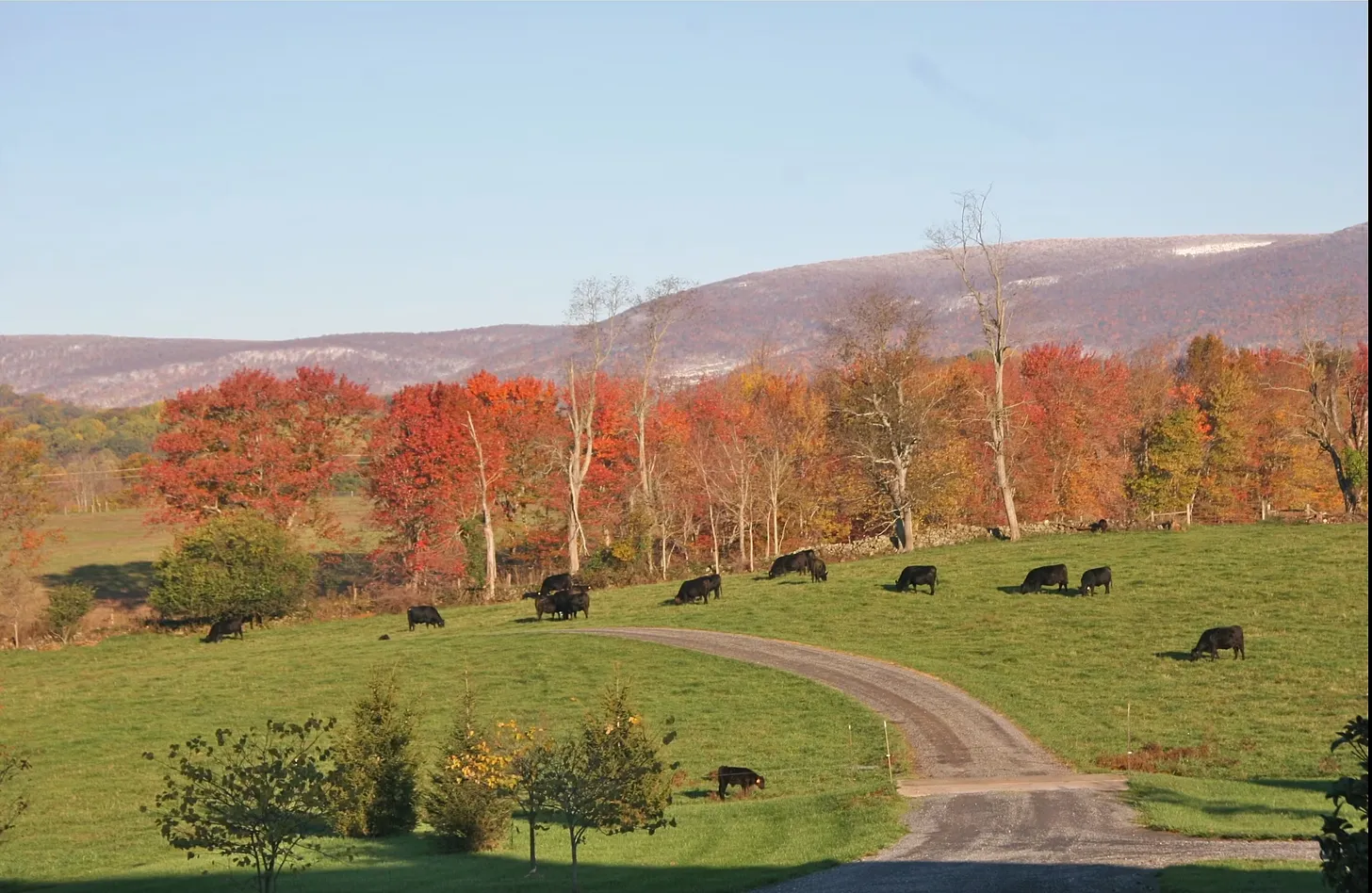by Robert Malone MD MS, Who Is Robert Malone:

In Another Blow to Decentralized Natural Meat Production, EPA Rule Indirectly Shuts Down Small Meat Producers via Clean Water Act Overreach
American’s Will Lose the Choice to Buy Local Meats
On January 23, 2024, under Biden Administration guidance, the Environmental Protection Agency (EPA) proposed a new rule that will bring 3,879 meat and poultry products (MPP) processing facilities under their jurisdiction. This was swiftly followed by an abbreviated comment period which closed on March 25, 2024, and then immediate implementation of the rule change. All justified by wastewater levels of Nitrogen and Phosphorus coming from animal meat processing, mirroring the WEF agenda to minimize Nitrogen runoff from European farms which has sparked the widespread farmer protests throughout the European Union.
TRUTH LIVES on at https://sgtreport.tv/
The new rule involves a major shift in the technology-based effluent limitations guidelines and standards (ELGs) for the meat and poultry industry, threatening their livelihoods by forcing them to add water filtration systems to their facilities.
What does this mean to small meat processing facilities? It’s been reported that the initial cost to install a water filtration system bringing them into compliance be $300,000-400,000 with a minimum of $100,000 annual maintenance. This would force many small meat processing facilities to shutter their doors.
It is also a direct attack on the buy local foods movement. If local meat producers no longer have a nearby facility to process the meat, they will no longer be able to provide their product direct to the customer at food markets or online.
The EPA initially promulgated the MPP ELGs in 1974 and amended them in 2004. Currently, they only apply to approximately 150 of the 5,055 MPP facilities in the industry. But, in the EPA’s Benefit Cost Analysis, they state that “EPA estimates the regulatory options potentially affect 3,879 MPP facilities.”
Accordingly, the history of EPA’s regulation of MPP effluent guidelines and standards has never extended beyond direct discharge facilities and this rule significantly expands their regulatory overreach.
The Kansas Natural Resource Coalition (KNRC) filed comments opposing the proposed rule and was joined by other county coalitions and American Stewards of Liberty. KNRC, an organization of 30 Kansas counties, states these proposed rules will “regulate indirect discharge facilities” that “departs from constitutional and statutory authority” significantly altering the balance between state and federal powers.
They also state that the proposal “gives priority to environmental justice goals and emphasizes ecological benefits, but the EPA jurisdiction under the Clean Water Act is not based on ecological importance or environmental justice.”
Demonstrating that the “comment period” was mere window dressing to meet formal federal comment requirements, immediately on March 25, 2024 the EPA jammed through a finalized version of its devastating new interpretation of the Clean Water Act, which it has titled “Effluent Limitations Guidelines and Standards for the Meat and Poultry Products Point Source Category.” Clearly this is another case of aggressive, arbitrary and capricious EPA regulatory overreach, directly analogous to the recent Supreme Court case West Virginia v. Environmental Protection Agency, 597 U.S. 697 (2022), a landmark decision of the U.S. Supreme Court relating to the Clean Air Act, and the extent to which the Environmental Protection Agency (EPA) can regulate carbon dioxide emissions related to climate change.
According to the EPA, after months of study and testing to look for bacteria, viruses etc, what they actually found in the wastewater of processing facilities was Nitrogen and Phosphorus. Two of the fundamental elements which all living things are composed of (Carbon, Hydrogen, Nitrogen, Oxygen, Phosphorus).
As a result, The EPA has decided that the entire meat industry – from slaughtering beef to poultry, marinas to packaging – must now retrofit current facilities with lagoons and biomass dissipates to turn “nutrients” into C02 and methane in order to prevent these “pollutants” from entering local water supplies.
The EPA anticipates these new rules will, at least, result in the closure of 16 processing facilities across the country at a time when our country’s meat producers are already struggling to survive due to bottlenecks in USDA certified facilities. However, on the high side EPA estimates include an impact range of up to 845 processing facilities.
The EPA acknowledges (via the Federal Register) that this rule change will have far-reaching impacts up and down the supply chain from consumer prices to producer losses.
A press release was just put out by a consortium of protein producers who have said this will cost “millions more than the EPA’s highest estimates and result in the loss of tens of thousands of jobs.”
It gets worse;
Facilities can bypass these new regulations by drastically reducing their weekly/annual pounds processed. However, the US population continues to grow (largely due to immigration) at a rate that we’re currently incapable of feeding with record low volumes of meet production. Reducing pounds processed will have sizable impacts upon food security, as will further closures, and supply chain disruptions. These issues have now risen to the point of being a national security threat.
Problems in the rule change;
– The rule change fails to provide clarity or funding to local water treatment facilities for testing or range of acceptable levels of runoff, and in my opinion over-steps federal authority (WOTUS jurisdiction) by dictating local water rights. Especially as the EPA acknowledges most water used in processing is from a well source, or privately owned water source.
– The rules fail to account for foreign inputs, and actually incentivize domestic closures, prioritizing imported meat products in a manner conducive to the monopolistic multinational conglomerate beef producers who are not US based. This, at a time when the US has gradually become a net importer yet facing critical infrastructure collapses, such as Key Bridge.
Read More @ rwmalonemd.substack.com



